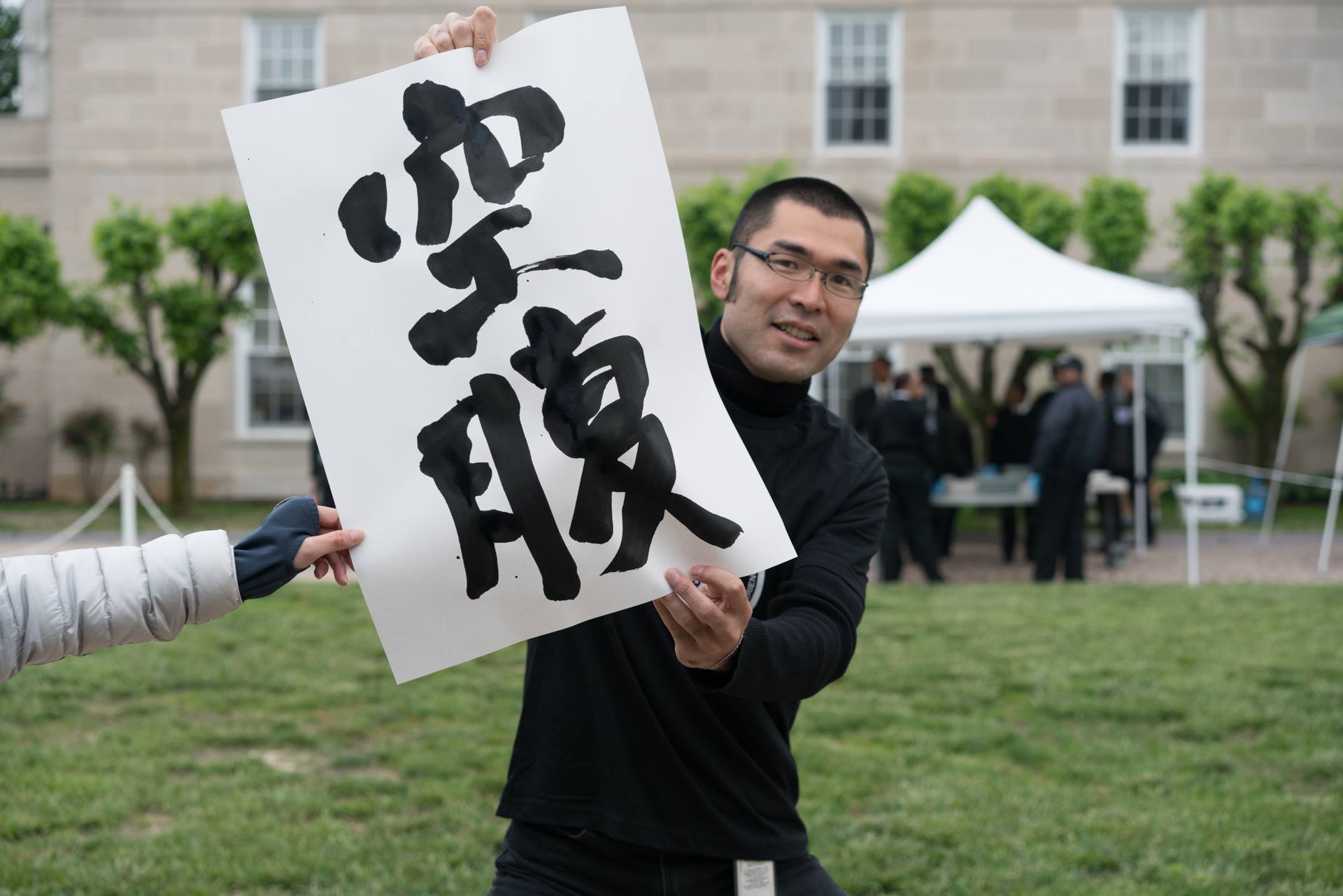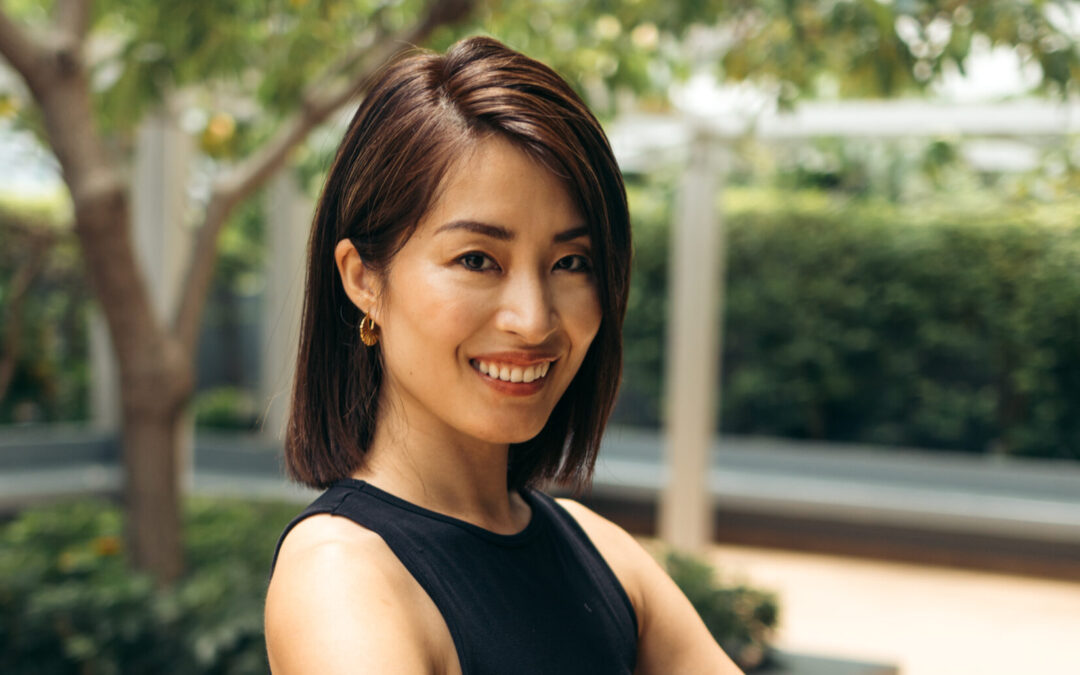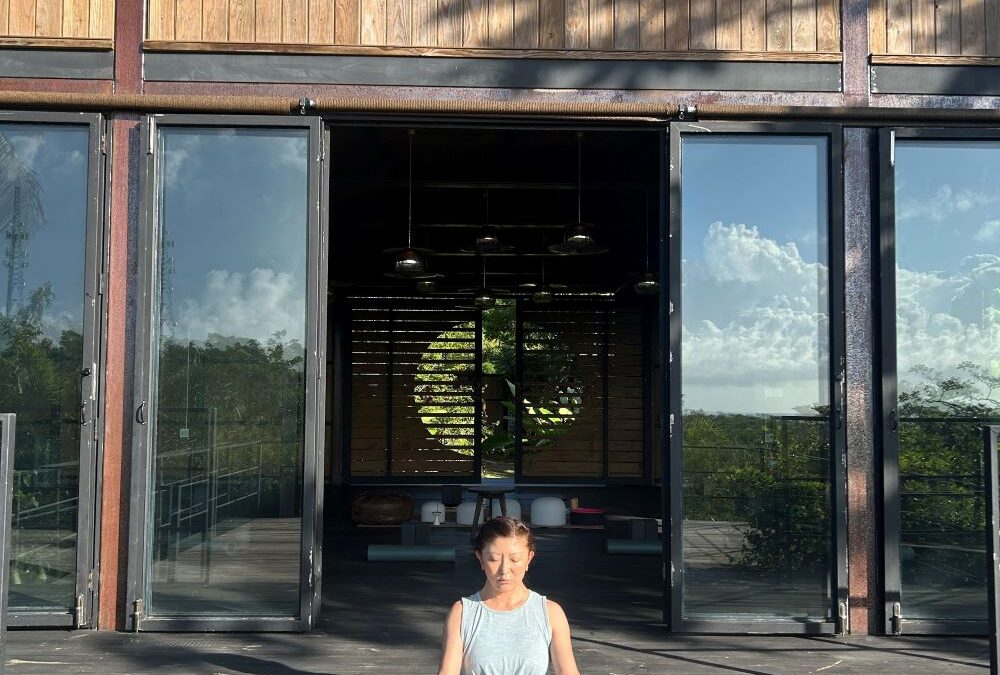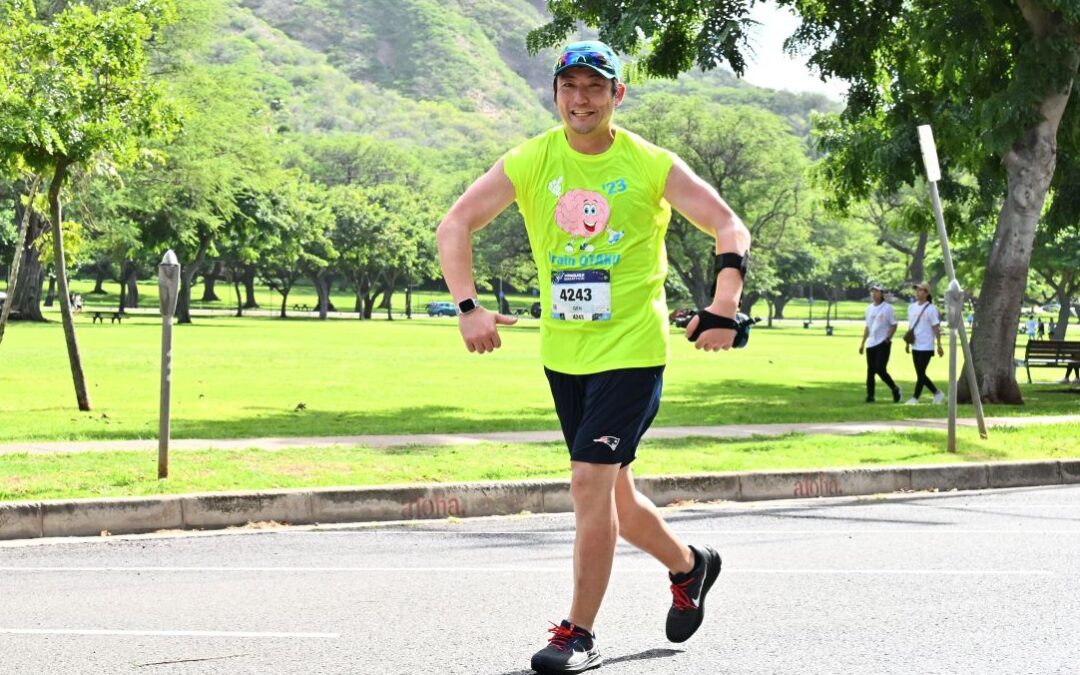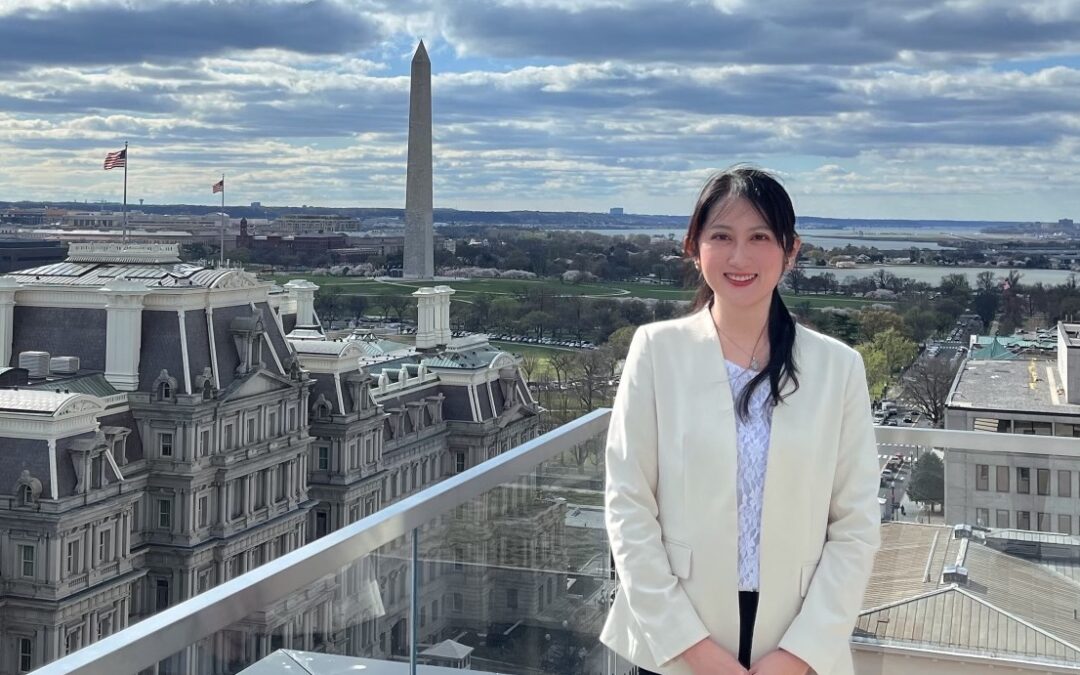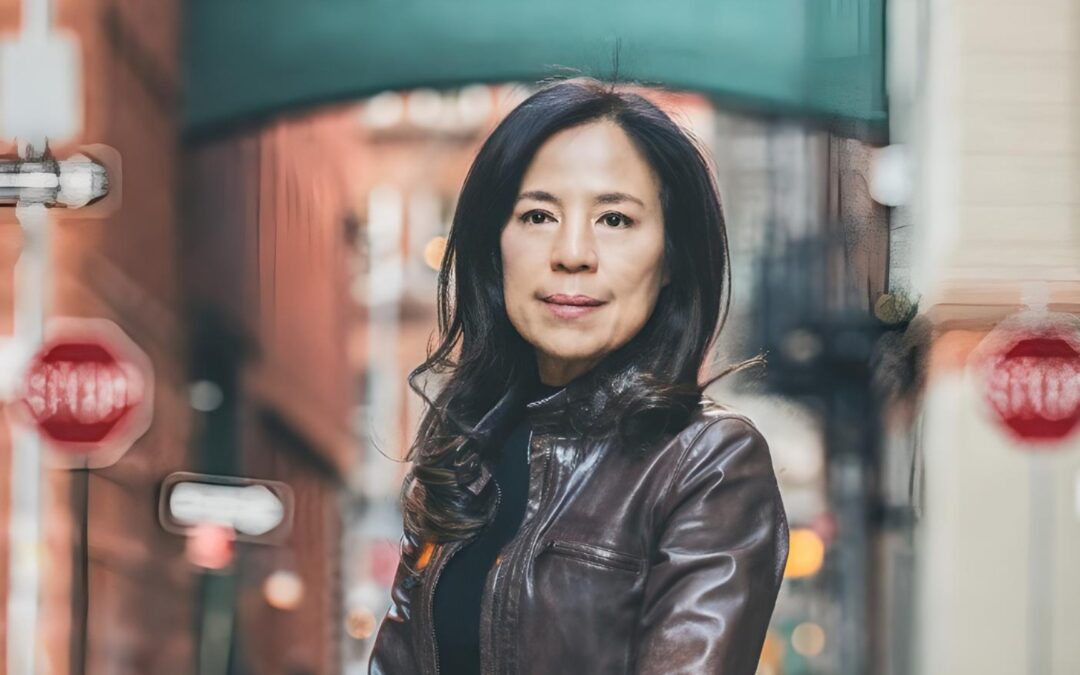We would like to introduce Mr. Keita Miyaki, the founder and president of Sashimi DC, who lives in Washington, D.C.
1. Please tell us how you came to the U.S..
In Japan I worked for a private financial institution. I came to the U.S. in 2012 to study abroad, hoping to work for an international institution such as the World Bank Group or the International Monetary Fund to help strengthen the financial markets of emerging economies, which sometimes appear weak from the policy side. After completing graduate school, I worked at the World Bank Group in Washington, D.C. until 2020.
After that I worked for two years at a UN agency in Switzerland. However, I felt that Geneva did not suit me and working in a large bureaucratic organization wasn't satisfying. So I decided to go back to the US and start my own business in Washington, D.C., where I had lived for a long time and knew many people.
2. Please tell us about your current job.
I am a fishmonger. Starting in fall 2023, I have been importing chilled fish from Kyushu and selling them in the D.C. metro area. I do everything myself, including importing, customs clearance procedures, sales, and marketing. With the goal of "democratizing" quality fish, I am working to create an environment where people can enjoy delicious sashimi in a more accessible and casual way. I want to continue this business so that quality fish is no longer only accessible in a limited number of restaurants, but can be enjoyed by many people in their homes.
3. What inspired you to do the work you do?
I learned Vietnamese while studying at graduate school in the U.S. and went to Hanoi to study the language. At the time, a local student with whom I had a language exchange later joined a seafood processing company in Kyushu and worked to develop a plan for export markets. The company had refrigeration processing technology that could keep fish for a long time, and I decided to import fish from this company to the U.S. I believed this technology would be more useful in the U.S. market than in Japan, where fish can be delivered in a short time from the fishing port to home dining tables.
In addition, sometimes there are difficulties in accessing good ingredients in the U.S., and because of the vastness of the country refrigerated delivery is challenging. So I decided that if no one was filling these gaps, I would try to myself. Solely making money makes for a boring life, so I think it is more interesting to live while having a big mission in mind.
4. What do you enjoy about your current job?
What makes me happiest is when customers keep coming back. Once, a customer ordered medium fatty tuna "Chutoro" on a Friday, ordered it again on Saturday, and then came to the warehouse to pick it up, saying he wanted to see what kind of person was doing this business, and bought more again on Sunday. I was happy they said it was delicious and bought it three days in a row.
I am so glad that our business continues to grow because of our relationships with people. I have also connected with importers through acquaintances, and I even heard from an entrepreneur from the same graduate school as me who started a pepper import business while working for the World Bank Group after graduation. When I first started the business, my acquaintances were the main buyers.Later, it spread by word of mouth, as well as through social networking sites, such as Kaz of KAZ Sushi Bistro, the food influencer, David Hagedorn, and purchasers on Reddit.The word about my business gradually spread and I am grateful for the connectionsI have made with people.
I am also happy if I can make a positive impact through my business, while also connecting that to my own income.
KAZ Bistro Website: https://www.kazsushi.com/
Kaz Okochi Instagram:https://www.instagram.com/p/Cy16_ldsABM/?hl=en&img_index=1)
David Hagedorn Instagram:https://www.instagram.com/p/Czd8oUzuobc/?img_index=1
Reddit:https://www.reddit.com/r/washingtondc/comments/187mf21/sushi_fans_unite/
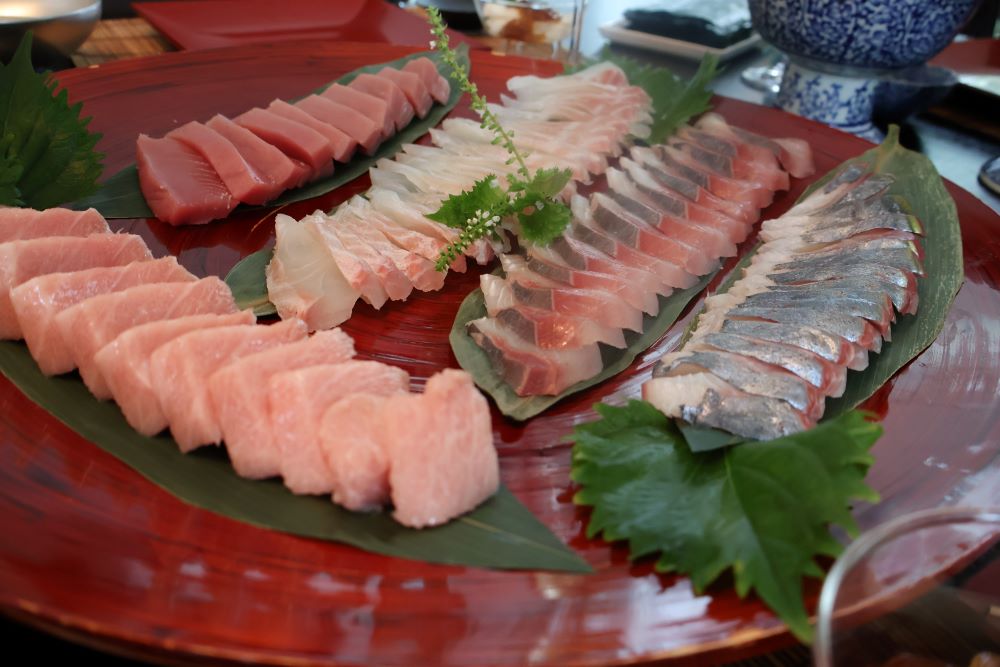
5. What is the hardest part of your current job?
It is difficult to estimate the time it takes to clear U.S. customs. At first I thought it would only take a few hours, but was pretty anxious when I was once held up at the airport for 40 hours.
I also import the highest quality fish, especially bluefin tuna, which is as good as the “Oma” tuna that represents Japan, and more expensive than the frozen yellowfin tuna sold in the U.S. or the fresh fish available in Japan. For this reason, some people have never tried it. Once people try it, they realize the high quality and buy it again, but it is hard to get them to try it initially. There have also been cultural hurdles to overcome. Despite importing top-quality fish from Japan, it's been challenging to establish a presence in the local US market, where people are not accustomed to having such delicacies at home. Additionally, many lack the knowledge of how to prepare sashimi. Thus, my primary step has been to offer cultural education that empowers individuals to enjoy high-quality and cost-effective sashimi.
6. What are your dreams and goals for the future?
I want to make as many people happy as possible through food.
The United States is a leader in universal values such as democracy, human rights, and freedom. However, there are also shortcomings such as inequality, high tuition and medical costs, and food that is generally inferior to that of other countries. I believe that by providing quality food to enrich people's lives and increase the confidence of people in the U.S., I can play a small part in encouraging democracy and other universal values in the world.
In addition, food is a part of culture, and fish is a food that makes up a large percentage of the Japanese diet. I aim to foster a greater appreciation for Japanese culture within the local community through my seafood business.
7. Do you have a message for Japanese people who are in the U.S. and want to try a new type of job or start a business, but are feeling bewildered because they are unable to take the plunge?
If you have a Japanese passport, you can always go back and find a job. Even if you fail at starting a business, you will not die in the field. You can survive even if you fail. One thing I can tell you from my own experience is that starting a business takes a lot of energy and brings a lot of heartache. While you can withstand it, if possible, I think it is best to take on the challenge while you are as young.
Sashimi DC by Keita Seafood Website: https://sashimi-dc.square.site/
★ Interviewer's note
For Japanese people living abroad, fresh fish is a typical food item that they miss. We had an opportunity to interview Mr. Miyaki soon after he started his business – Sashimi DC.
What I strongly felt when I spoke with him was that he consistently set a big mission to make people happy and always thought about Japan's strengths. I was impressed by the way he never wavers and how he sticks to his belief that he wants to bring high-quality fish to as many people as possible and paves the way for a business that only he can do.
The process of starting a business and creating the business flow is all new, and there is a lot of heartache in the days of facing each challenge and dealing with unexpected situations. Despite challenges, Mr. Miyaki repeatedly said “I am here now because of the help of everyone in Washington, D.C." This is another example of Mr. Miyaki's personality.

